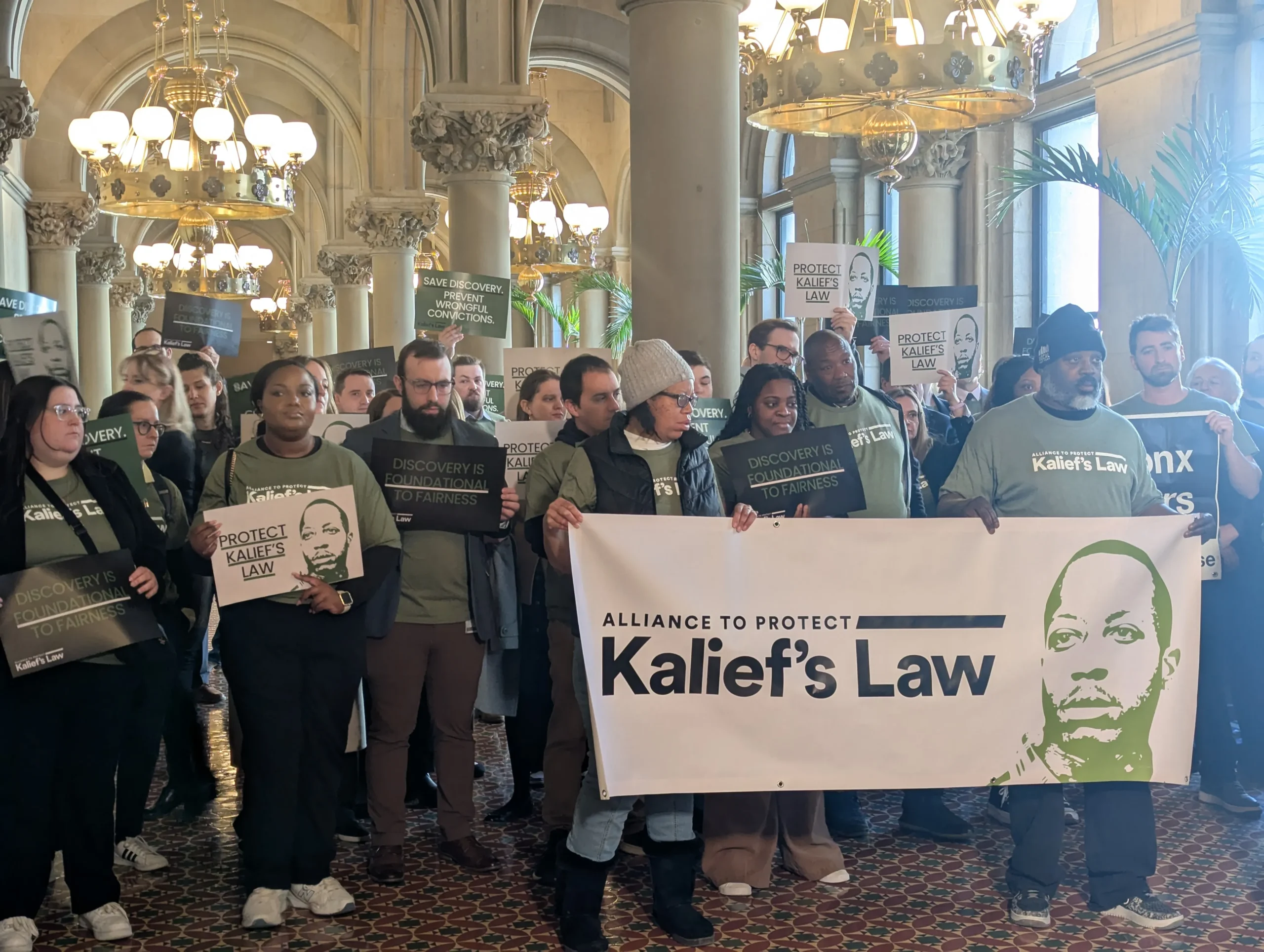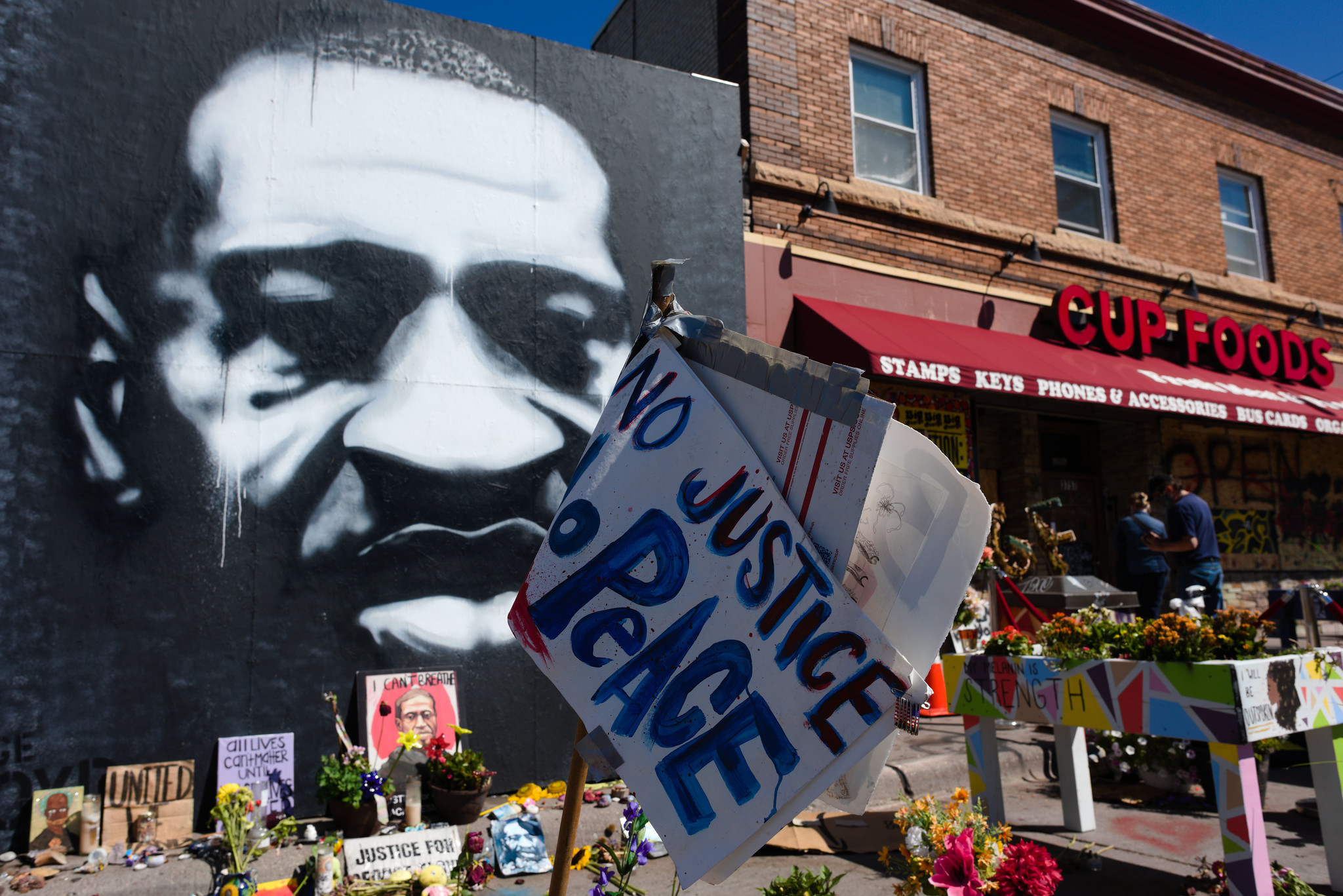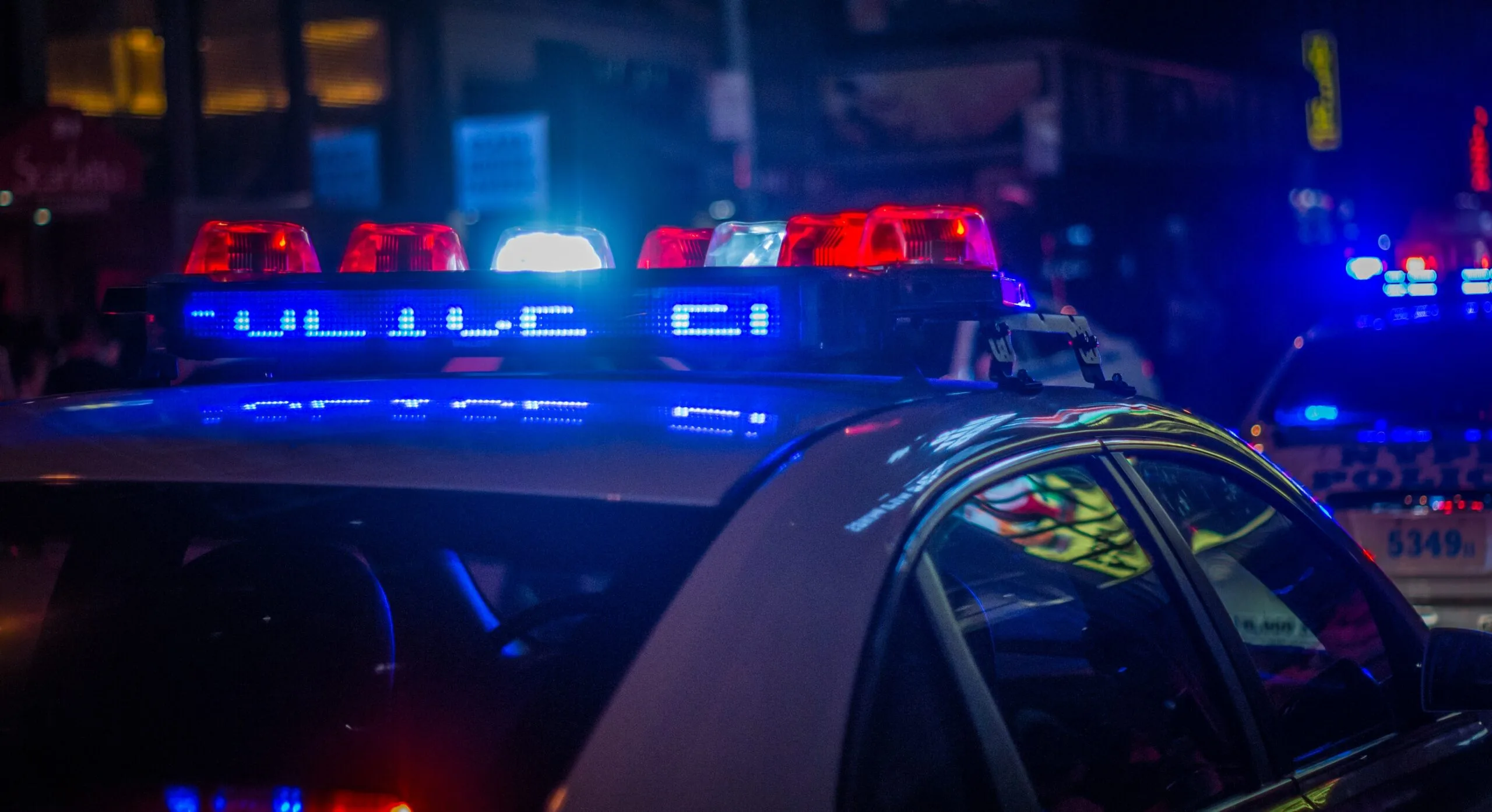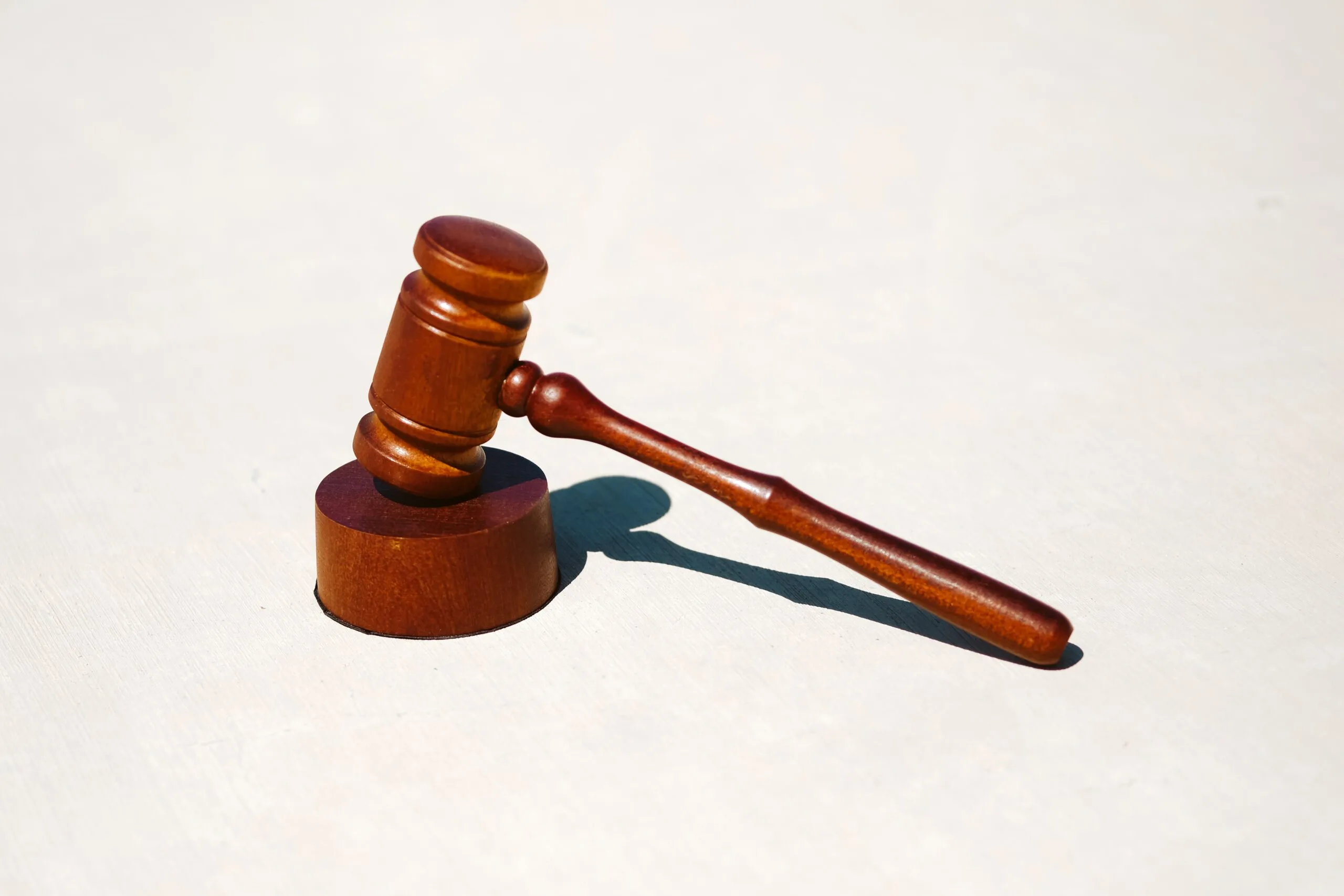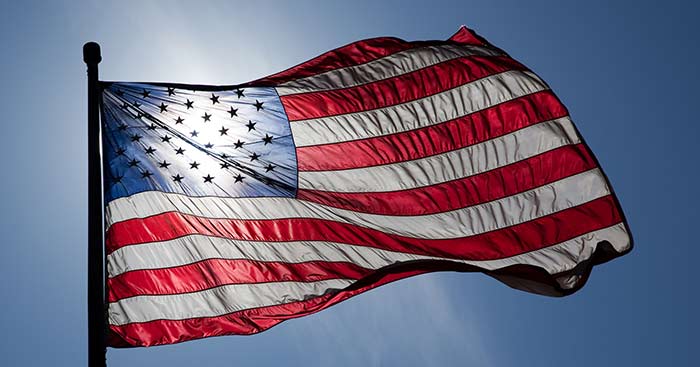Official Misconduct
Official Misconduct
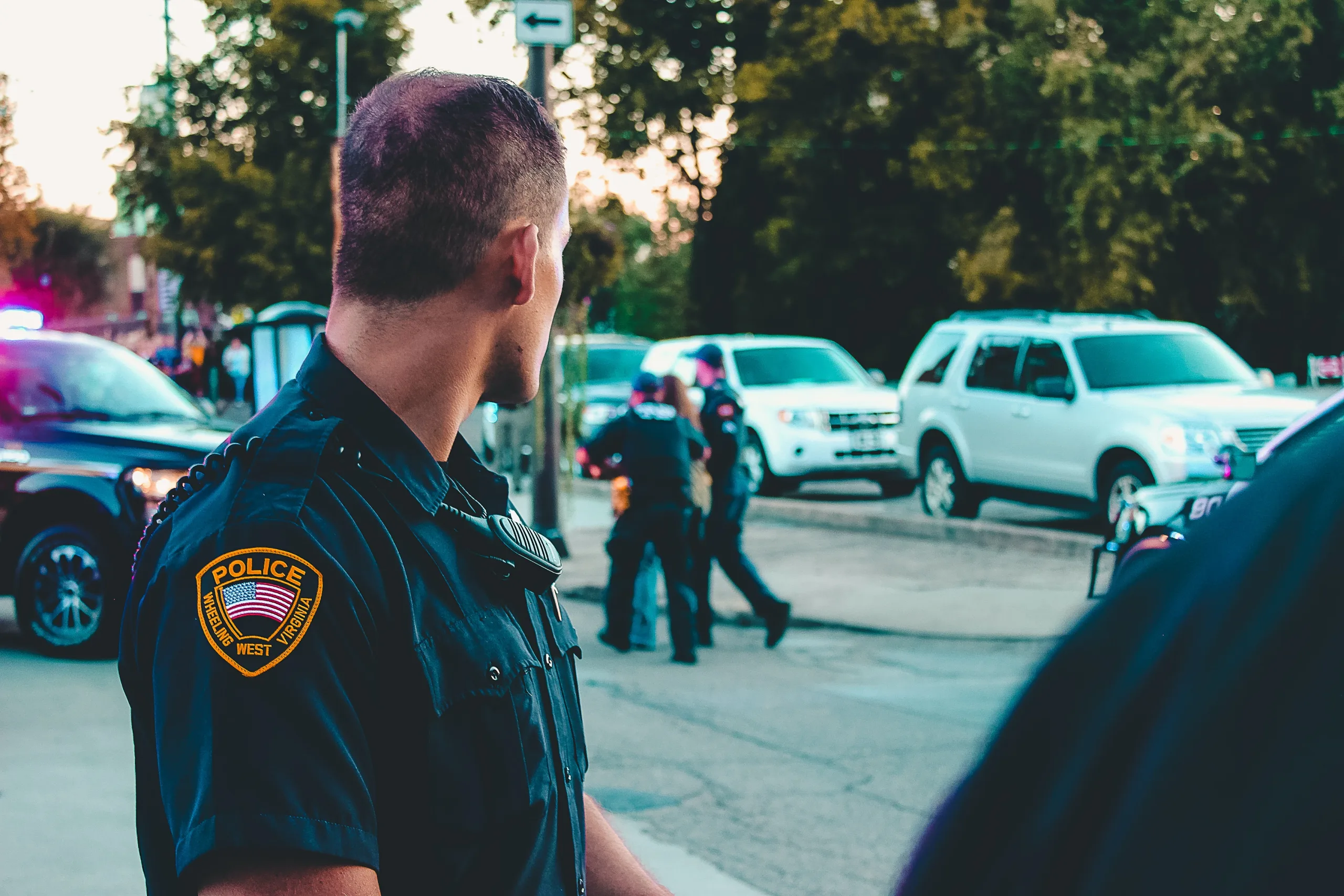
Police officers committed misconduct in more than a third of exoneration cases since 1989, according to the National Registry of Exonerations. (Image: Rosemary Ketchum)
Police and prosecutorial misconduct is a leading contributing factor in a significant number of recorded exoneration cases since 1989.
Police misconduct has disproportionately contributed to the wrongful conviction of people of color, many of whom live in communities that are more heavily policed. In many cases, police officers have abused their authority and violated people’s constitutional rights by using coercive interrogation techniques, lying on the stand, failing to turn over exculpatory evidence, working with unreliable informants, displaying outright prejudice, and more. Due to a lack of transparency and accountability mechanisms, these types of misconduct often go unchecked. Currently, the majority states keep police disciplinary records confidential, making it difficult for the public to know when officers are repeatedly engaging in misconduct and if they are being held accountable for their actions.
Prosecutorial misconduct occurs when a prosecutor seriously violates the law or a code of ethics while prosecuting a case. In a majority of cases where wrongfully convicted people have experienced this kind of misconduct, prosecutors have been accused of making improper arguments at trial, purposely withholding evidence of innocence or other favorable evidence (in what is known as a Brady violation), and more. Because these prosecutors often control access to evidence needed to investigate such claims of misconduct, it is difficult to measure the full scope of prosecutorial misconduct that has taken place in the U.S. Furthermore, the disciplinary systems in place that would hold these prosecutors accountable are gravely insufficient.
Working with Innocence Network organizations and other key partners, we are leading efforts to not only prevent official misconduct, but also hold law enforcement and prosecutors accountable. These include reforming a range of police and prosecutorial practices, making police disciplinary records available, banning qualified immunity, and, in New York, establishing the first (and only) independent commission on prosecutorial conduct.

Police officers committed misconduct in more than a third of exoneration cases since 1989, according to the National Registry of Exonerations. (Image: Rosemary Ketchum)
